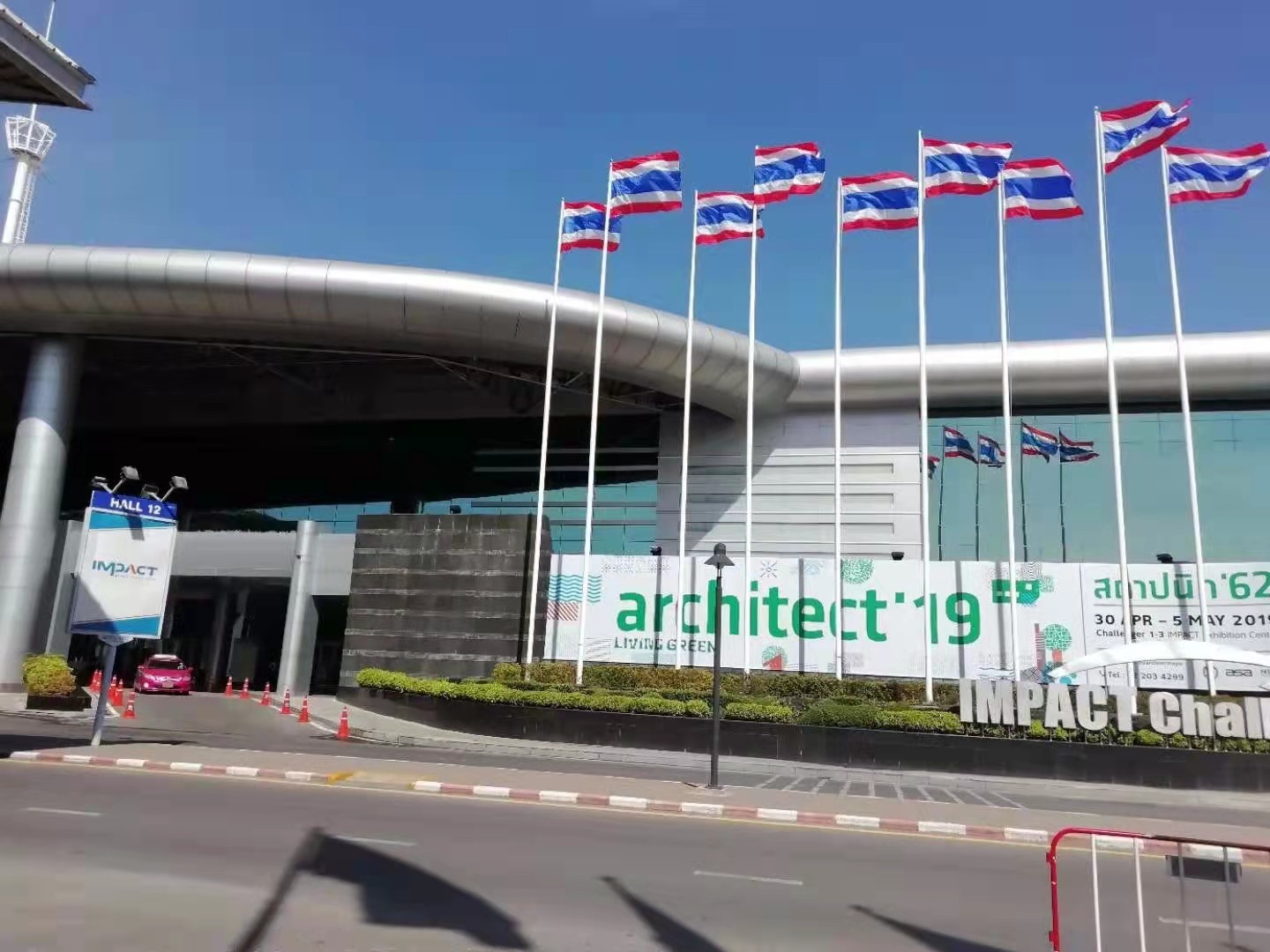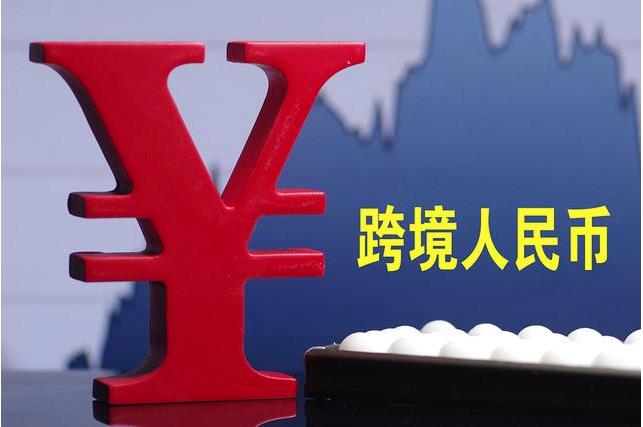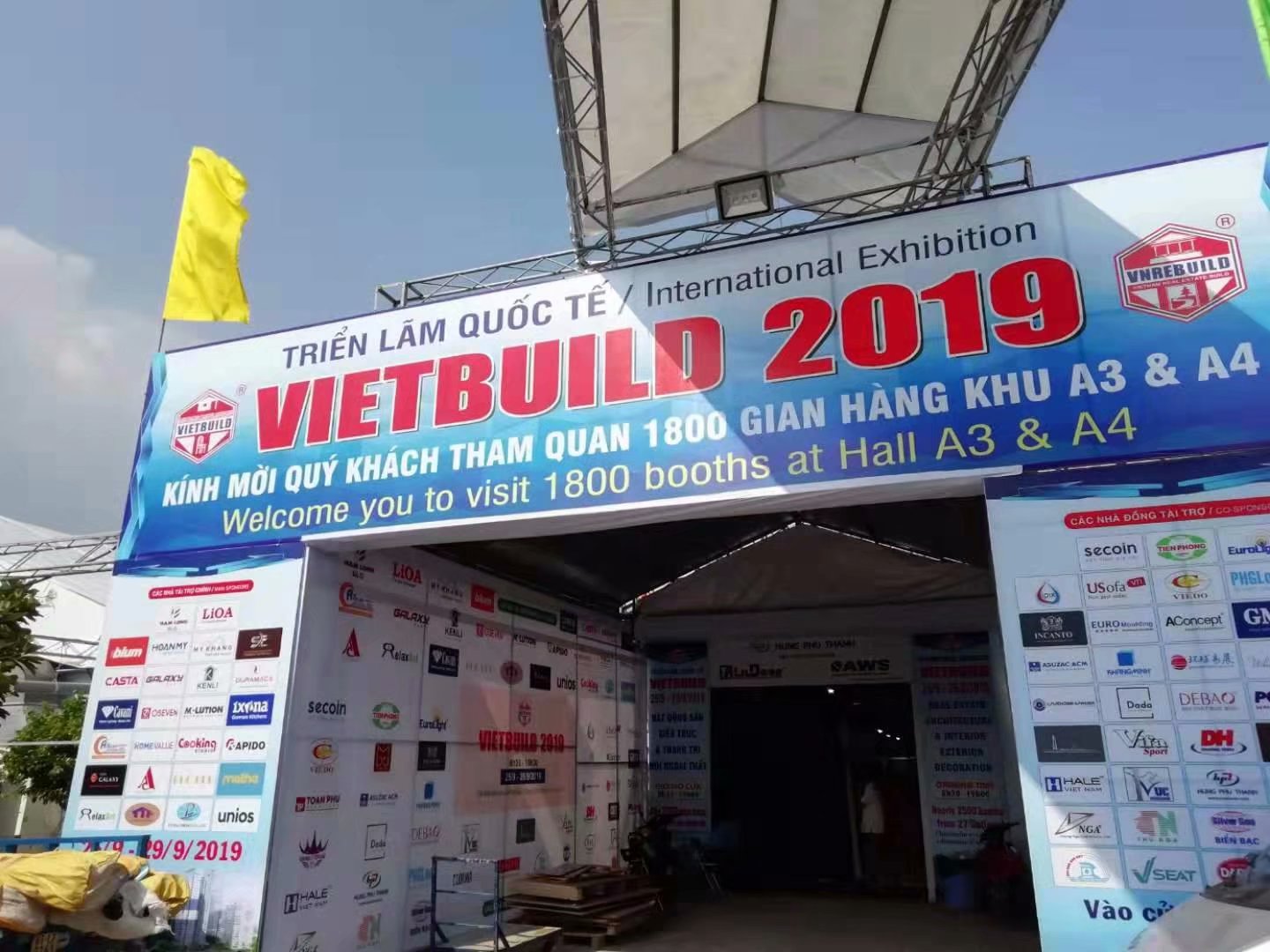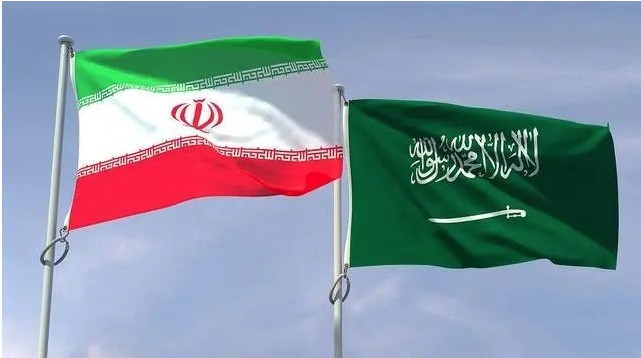Comparison of Root Puncture Resistant Waterproof Membranes
Bestcon TPO green roof membrane , 1.5mm reinforced PVC waterproof membrane and self adhesive HDPE waterproofing membranes have all passed the inspection of the Beijing Municipal Bureau of Landscape Architecture and obtained a test report of resistance to root puncture, which means they are all suitable for waterproofing of planted roofs.

Compared with the traditional SBS asphalt root resistance waterproof membrane, the polymer waterproof membrane material has great advantages
1. SBS asphalt-based waterproofing membrane uses chemical root resistance, which easily has an adverse effect on the development of plant roots. It may cause plants to wither and grow slowly. And the traditional copper reinforced root thorn resistant waterproof roll material, copper sheet is difficult to connect, easy to form a gap. The plant roots can penetrate the waterproof layer from the lap joint. And it is very expensive. On the other hand, the root resistant TPO membrane, PVC membrane and HDPE waterproof membrane, these polymer materials uses physical prevention of root development, which has no negative effects on plants.
2 The lap edges of traditional SBS waterproof membrane sheet are sealed by hot melt, and the roots of the membrane are easy to penetrate at the corners of the coils and the places where the overlap is not strong enough, and the effect is not good. And the polymer waterproof material is welded by hot air, which is stronger and reliable.
3. The polymer waterproof membranes width is 2M, so the welding seam is less. The SBS membrane width is 1 meter. There are more laps, more welding seams, and more hidden dangers as well.






